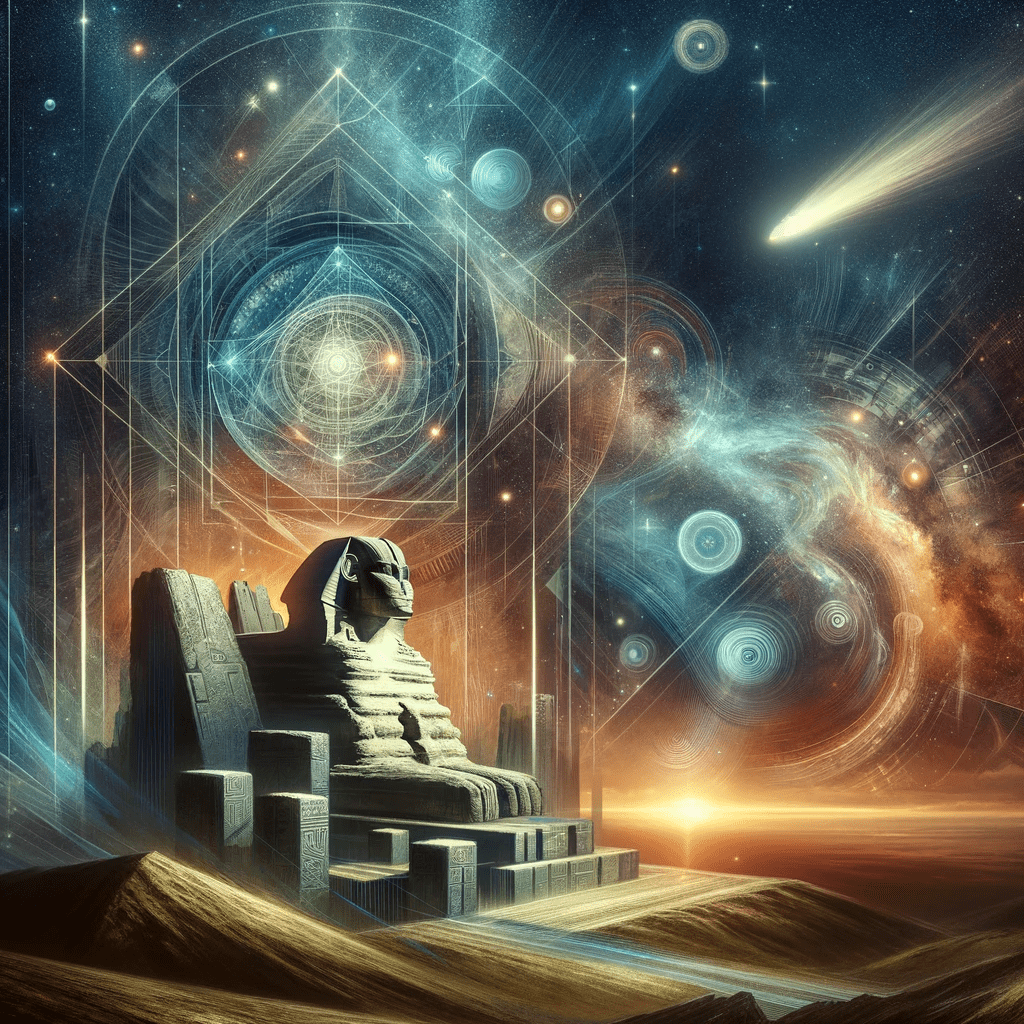Graham Hancock

Graham Hancock is a British author, journalist, and researcher who is best known for his work on ancient civilizations, forgotten history, and unexplained phenomena. Born on August 2, 1950, in Edinburgh, Scotland, Hancock has published numerous books and articles exploring topics such as ancient mythology, megalithic structures, and alternative theories of history. His work often challenges conventional understanding and encourages readers to question established narratives.
Hancock’s educational background includes a degree in sociology from Durham University in the United Kingdom. He began his career as a journalist, working for publications such as The Economist and The Guardian. He gradually transitioned into an author and independent researcher, focusing on subjects that piqued his curiosity and allowed him to look deeper into the mysteries of the past.
Graham Hancock has displayed an interest in unidentified aerial phenomena (UAP) and unidentified flying objects (UFO). Although his primary focus has been on ancient civilizations and their potential connections to advanced knowledge or extraterrestrial life, he has also discussed the implications of contemporary UAP sightings and the potential existence of advanced, non-human intelligence.
In his research, Hancock combines scientific data with alternative perspectives, aiming to provide a more comprehensive understanding of the world’s ancient past.
- Hancock’s book “Fingerprints of the Gods” (1995) hypothesizes that an advanced, lost civilization existed around 12,000 years ago and that its knowledge and achievements were passed down to later cultures. This theory is partially based on the analysis of megalithic structures like the Great Sphinx of Giza, which some researchers, including geologist Dr. Robert Schoch, believe to be older than the traditional dating (Source: Robert M. Schoch, “Redating the Great Sphinx of Giza,” KMT: A Modern Journal of Ancient Egypt, Spring 1992).
- In his book “Magicians of the Gods” (2015), Hancock discusses the Younger Dryas impact hypothesis, which suggests that a comet impact or airburst triggered a sudden and dramatic climate change around 12,800 years ago, leading to the collapse of the hypothetical advanced civilization he proposes. This theory has gained some scientific support through the discovery of impact-related evidence in the form of nano-diamonds and other materials at numerous sites around the world (Source: Richard B. Firestone, Allen West, and Simon Warwick-Smith, “Evidence for an extraterrestrial impact 12,900 years ago that contributed to the megafaunal extinctions and the Younger Dryas cooling,” Proceedings of the National Academy of Sciences, October 9, 2007).
- Hancock has been a proponent of the use of altered states of consciousness to access hidden or suppressed knowledge. In his book “Supernatural: Meetings with the Ancient Teachers of Mankind” (2005), he investigates the role of psychedelics, such as ayahuasca, in indigenous cultures and their potential for accessing other realms of existence or facilitating communication with non-human entities. This idea has gained some scientific credibility through the work of researchers like Dr. Rick Strassman, who has studied the effects of the psychedelic compound dimethyltryptamine (DMT) on human consciousness (Source: Rick Strassman, “DMT: The Spirit Molecule,” Park Street Press, 2001).
Some of the most popular books authored by Graham Hancock include:
- “Fingerprints of the Gods” (1995)
- “The Message of the Sphinx” (co-authored with Robert Bauval, 1996)
- “Heaven’s Mirror” (co-authored with his wife, Santha Faiia, 1998)
- “Underworld: The Mysterious Origins of Civilization” (2002)
- “Supernatural: Meetings with the Ancient Teachers of Mankind” (2005)
- “Entangled: The Eater of Souls” (2010) – A fictional novel
- “War God” (trilogy, 2013-2017) – A historical fiction series
- “Magicians of the Gods” (2015)
Graham Hancock is a British author and researcher with a background in journalism, who has dedicated his career to investigating ancient civilizations, forgotten history, and unexplained phenomena. His work often challenges conventional understanding and encourages readers to question established narratives.

